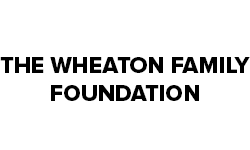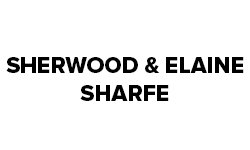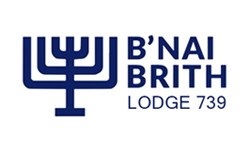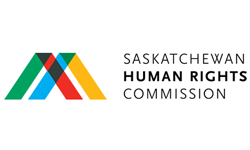The Concentus Approach:
Laying the Foundations
The Concentus Justice-Oriented Approach to Citizenship Education is uniquely Canadian. The system of tools at its center, The Power 5, synergizes seemingly separate components and demands of K-12 curricula, supporting teachers to create equitable, engaging, and empowering classroom learning cultures and schools. This part of the site provides an introduction to the Concentus Approach.
Actualizing Curricula
What does it mean to actualize curricula in classrooms and schools in the 21st century? Centering the core competencies and learning frameworks at the heart (and, often, ‘the front end’) of curriculum documents is key! Here’s why.

Justice-Oriented Citizenship
The Concentus Justice-Oriented Approach, as described by Joel Westheimer (2004), is the least common yet most powerful approach to citizenship education, in Canada and internationally.

The Essential Citizenship Competencies
Justice-oriented pedagogy, by design, develops students’ Essential Citizenship Competencies (ECCs) in developmentally attuned ways as they learn, from K-12, across subject areas and school contexts.

Classroom Learning Cultures
Developing a justice-orientation in students requires creating a classroom learning culture of authentic engagement. Without it, learning, even in a citizenship inquiry, can be reduced to an act of compliance.

Power 5 Pedagogy
We may know the “Why?” and the “What?” of citizenship education , yet struggle with the “How?”. The Power 5 is a system of strategies of instruction and assessment, developed by Concentus consultant, Sherry Van Hesteren, that turns the theory into practice, lesson by lesson.

Impacts of Concentus Approach
Here’s what Concentus teachers have to say about the impacts of the Concentus Approach on their teaching and their students’ learning.

© 2024 Concentus Citizenship Education Foundation Inc. All Rights Reserved.






